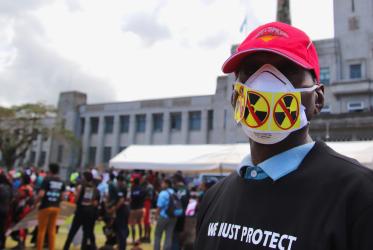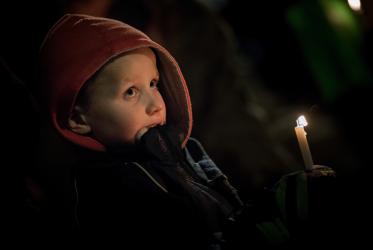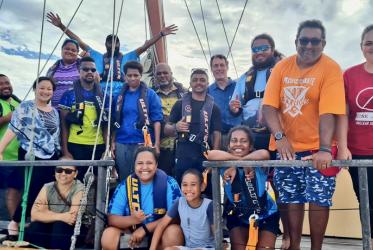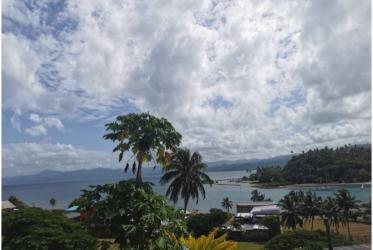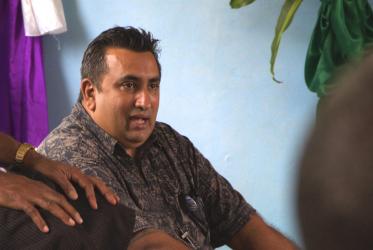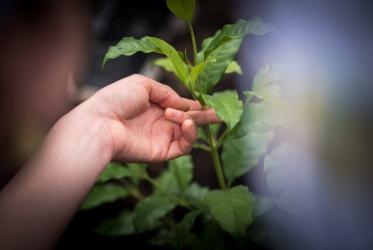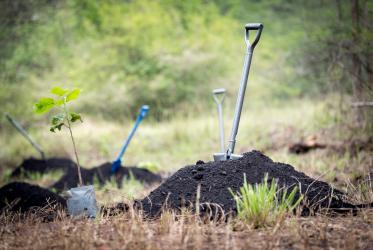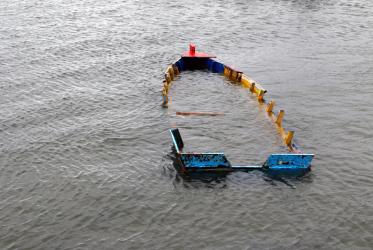Affichage de 1 - 20 de 92
Pacific Theological College publishes “A COVID-19 Wellbeing Statement”
03 Septembre 2021
Un colloque œcuménique de réflexion théologique sur l’écologie
18 Février 2021
Webinar brings Pacific voices for a new creation
10 Février 2021
Applications open for WCC Eco-School
22 Octobre 2020
Churches should use their voice on climate change
26 Février 2020
WCC general secretary: “Love opens the way to change”
13 Février 2020
